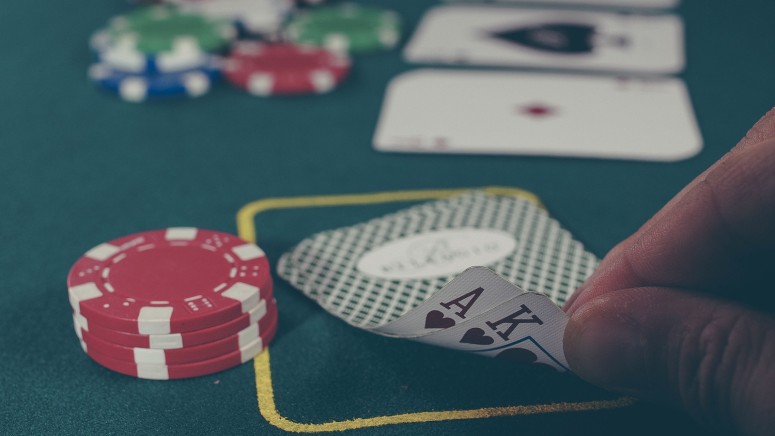
Facebook AI Beats Ten Pro Poker Players in Texas Hold ‘em
- AI named “Pluribus” has beaten the best Poker players in the world in two 6-player games.
- The machine was trained for only eight days and didn’t leave any margin to the opponents.
- Professional Poker may have just reached its end, but for now, the source code remains undisclosed.
An AI co-developed by Facebook’s AI department (FAIR) and scientists from the Carnegie Mellon University has just won two 6-player Texas Hold ’em Poker games, beating five pro players who are considered the cream of the crop in the field twice. Named the “Pluribus”, this is the first time for an AI to achieve such a feat, as Poker has been considered a very different game to Chess, and even Go and Dota that have already been conquered by the machines.
Poker is a challenging field for artificial intelligence and game theory in general, as the game involves too much unpredictability, hidden information, and bluffing. Humans deploy the full power of their mental and mathematical understanding, as well as their intuition to play the game, and those who do it at the highest level combine amazing skills on all of these fields. Creating an AI to boast such characteristics and be able to stand a chance in a six-player game and not just a ”one on one” would be seemingly impossible, but it looks like it’s not for Pluribus.
The developers of the AI super-human Poker player started their experimentation by putting five copies of Pluribus to play against two top pro players (Chris “Jesus” Ferguson and Darren Elias) playing a total of 5000 hands for training. Even in this early stage, the pros were beaten by the machine, so the next step would be to experiment with five pros in a six-player game. Again, the machine played 10000 hands and won two six-player tables over 12 days, and did so with a decisive margin of victory.
After experiencing the amazing bluffing capabilities of the Pluribus first hand, the six-times WSOP winner Chris Ferguson stated the following: “Pluribus is a very hard opponent to play against. It’s really hard to pin him down on any kind of hand.” Another game participant, Michael “Gags” Gagliano says: "There were several plays that humans simply are not making at all, especially relating to its bet sizing. Bots/AI are an important part in the evolution of poker, and it was amazing to have the first-hand experience in this large step toward the future."
The eight days of training was enough for Pluribus to understand the game much better than even the best of us can, and based on its “action abstraction” and “information abstraction” approach, it was able to play without requiring much time or resources to think (28 cores), considering only the actions that make sense and not every possibility.
So, where does this leave professional and competitive Poker? Did FAIR and CMU researchers just put an end to it? Not yet, as the scientists decided not to publish the source code of the AI for now. What the pros took away as a lesson from the machine is that limping in Poker is never a good strategy, and it was the only thing that Pluribus didn’t do.
What would you want an AI to beat next? What would be the next step in complexity? Let us know in the comments down below, or write your opinion on our socials, on Facebook and Twitter.






